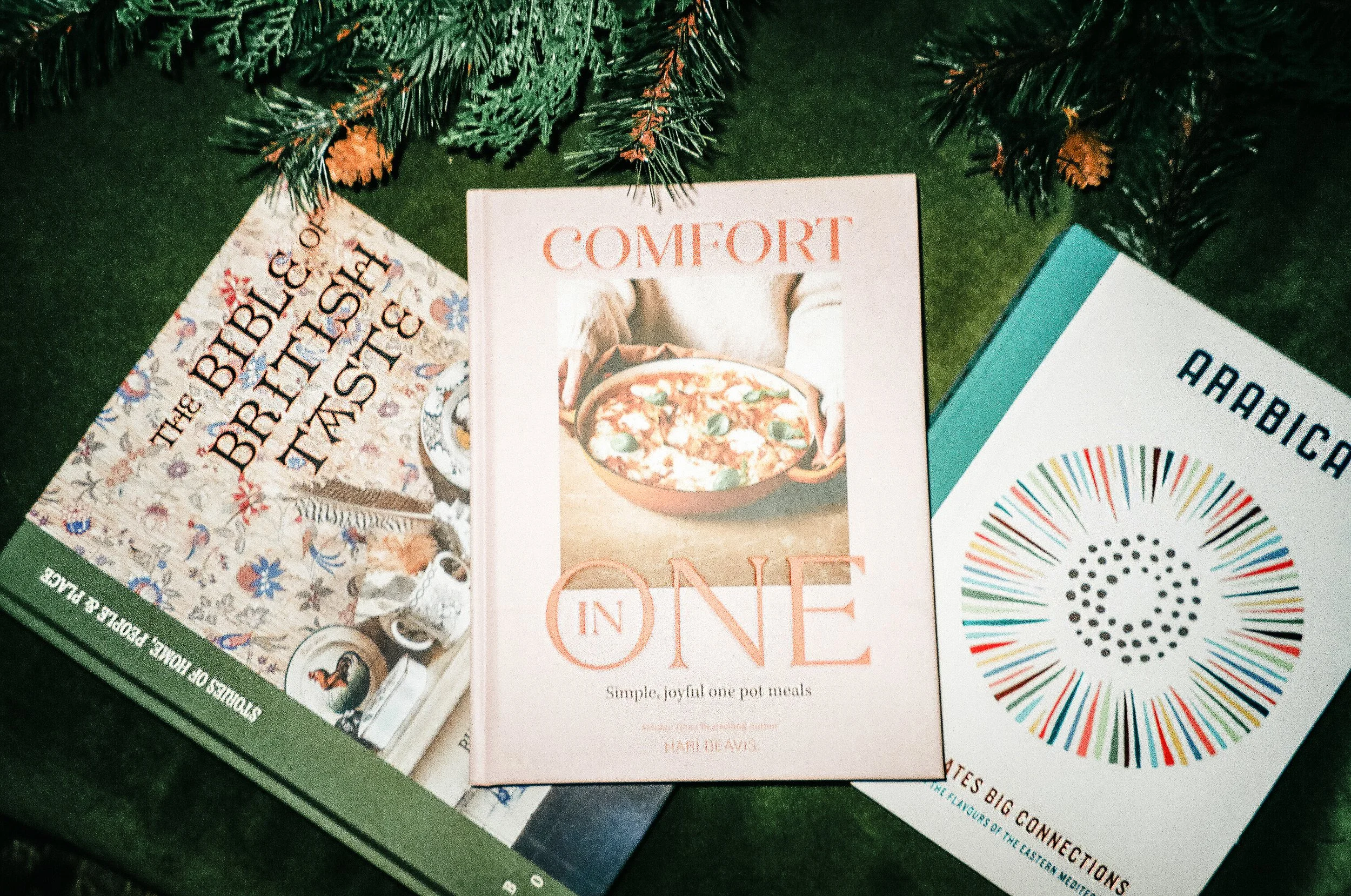The Ayurvedic Way to Ease Stress
With coronavirus anxiety building, many of us are feeling out of control and that loss of stability will no doubt be impacting our mental wellbeing – add on self-isolation and it’s a mega mix for everyone feeling stressed, unable to sleep and filled with that unsettling feeling.
Whilst government officials plan out our approach to tackling the virus, we touched base with the brilliant Ayurvedic doctors at Sanjeevanam – a premier wellness destination in Kerala, India and asked them to share their top tips on how Ayurvedic methods to help ease anxiety so we can get through the panic without compromising our inner health.
Practises for Stress Reduction
Dr Anil V Kaimal - Chief Physician & Medical Superintendent at Sanjeevanam highlights the three things you can do at home using Ayurvedic principles to help reduce stress:
Step 1 - Take warm milk with little butter at night before going to bed – not only will this reduce stress it will help you to sleep
Step 2 - Rub the head with the mixture of Coconut oil and Gingelly oil for 20-25mnts very smoothly and slowly. Ideally this would be done by someone in the house for you, but you can apply yourself if self-isolating!
Step 3 - Slowly drink water sip by sip to help calm and relax
Nutrition for Positivity
Dr Anne Mathew who heads up the Department of Yoga and Naturopathy diet at Sanjeevanam explains what you should be eating to help keep you feeling positive and those nerves calm.
Whole Grain Carbohydrate - Carbohydrates can increase levels of serotonin to boost your mood . Avoid refined carbs which can give you a crash and enjoy complex carbohydrates (sweet potatoes and whole grains such as whole grain bread, quinoa ,brown rice and steel cut oats)
Bananas - rich in potassium, magnesium ,vitamin B6 and the mood boosting chemical dopamine. Eating it can decrease stress and fatigue
Avocados -Avocados are packed with healthy monounsaturated fats ,vit C, vit-B6 ,Potassium and fiber making it a perfect stress fighting food
Leafy greens – Leafy green vegetables can help regulate cortisol and blood pressure levels, it also contains folate which helps in the production of dopamine
Exercise to Stay Calm
Dr Anne also expands on the Yoga techniques to reduce stress. Here are her top tips on the posing and breathing techniques to help calm the mind and body.
Vipakita Karani: It is a restorative pose especially after a long day of standing or sitting. It releases the tight muscles and cramps in the legs and feet. It is a comparatively easy asana and many variations could be done even with the help of simple props like pillows
Shavasana: It puts the body at ease and gives total relaxation. It slows the breath, relaxes the nervous system and lowers blood pressure
Marjariasana- Bitilasana: When performed together these asanas releases tension in between the vertebrae and promotes flexibility in the back muscles. This helps to release tension and stress
Pranayamas (Breathing Techniques) & 'Dharana – Dhyana' ( Mindfulness and Meditation): These are efficient practices in yoga which helps in reducing stress levels by working on the neurochemical balancing of the system. According to a research published in brain imaging and behavior, meditation reduces the right amygdala volume which allows one to handle stress better, manage emotions effectively and not to react or spend unnecessary energy on irrelevant stimulus. Anuloma- Viloma pranayama is one such meditative breathing technique which balances the right and left brain, the sympathetic and parasympathetic systems and increases overall functioning. Cleaning practices in yoga Kapalabhati works on the prefrontal cortex , the strengthening which supplements one's decision making skills among other benefits
























